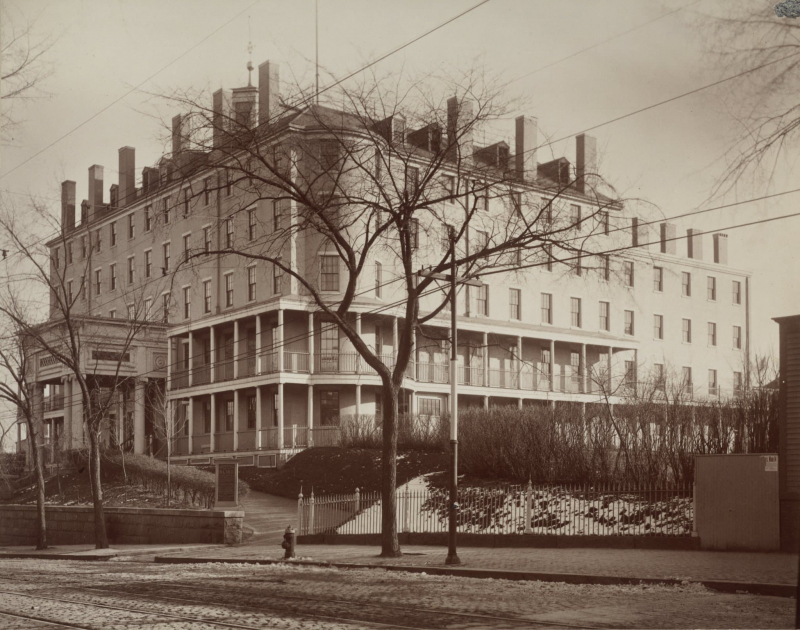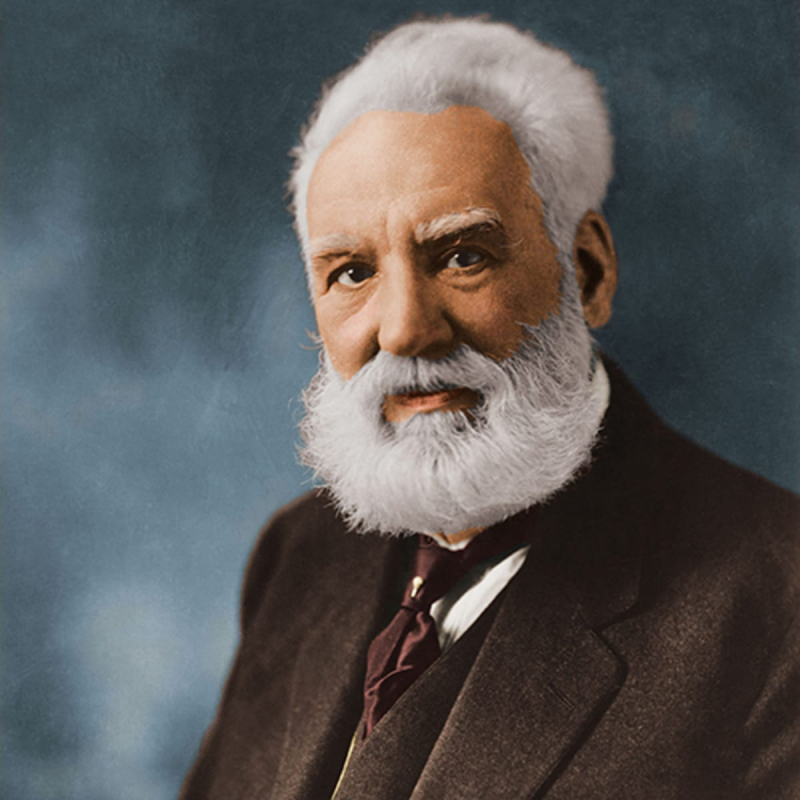Bell had a lifelong commitment to deaf education
Bell's father was a deaf elocution teacher, and his mother Eliza was extremely hard of hearing. Bell's dedication to researching the physiology of speech and instructing deaf students was thus not unexpected. He was a teacher at the American School for the Deaf in Hartford, Connecticut, the Clarke School for the Deaf in Northampton, Massachusetts, and the Boston School for Deaf Mutes. Bell established the School of Vocal Physiology and Mechanics of Speech on Beacon Street in Boston in 1872, emphasizing the "oral" method of instruction, which involves speaking and reading lips, as opposed to the "manual" method, which many people used.
Helen Keller, an American author and educator who was blind and deaf, met Bell in 1886. He introduced Keller to the Perkins Institution for the Blind in Boston, whose director, Michael Aganos, first assigned Anne Sullivan, Keller's teacher and lifelong friend, to teach Keller Braille and communication in 1887. In 1887, Bell also established the Volta Bureau, a center dedicated to serving the needs of the deaf. In 1890, Bell was elected president of the American Association for the Promotion of Speech Teaching to the Deaf (later renamed the Alexander Graham Bell Association for the Deaf and Hard of Hearing).
However, Bell remains a controversial figure within the deaf community because his emphasis on oralism and teaching speech to the deaf set in motion a wave of forced assimilation and integration for deaf students. Following Bell's vision, deaf students were prohibited from openly communicating in sign language or forming groups or clubs in order to mix the deaf and hearing populations. This had a profound effect on the burgeoning deaf culture and community, leaving many deaf students feeling isolated.










